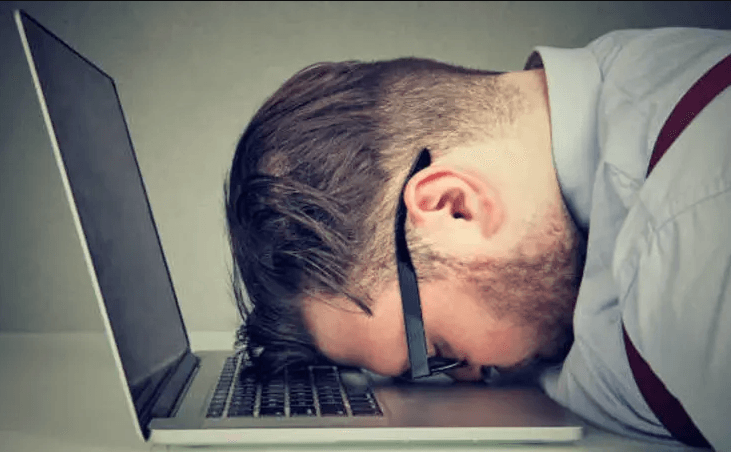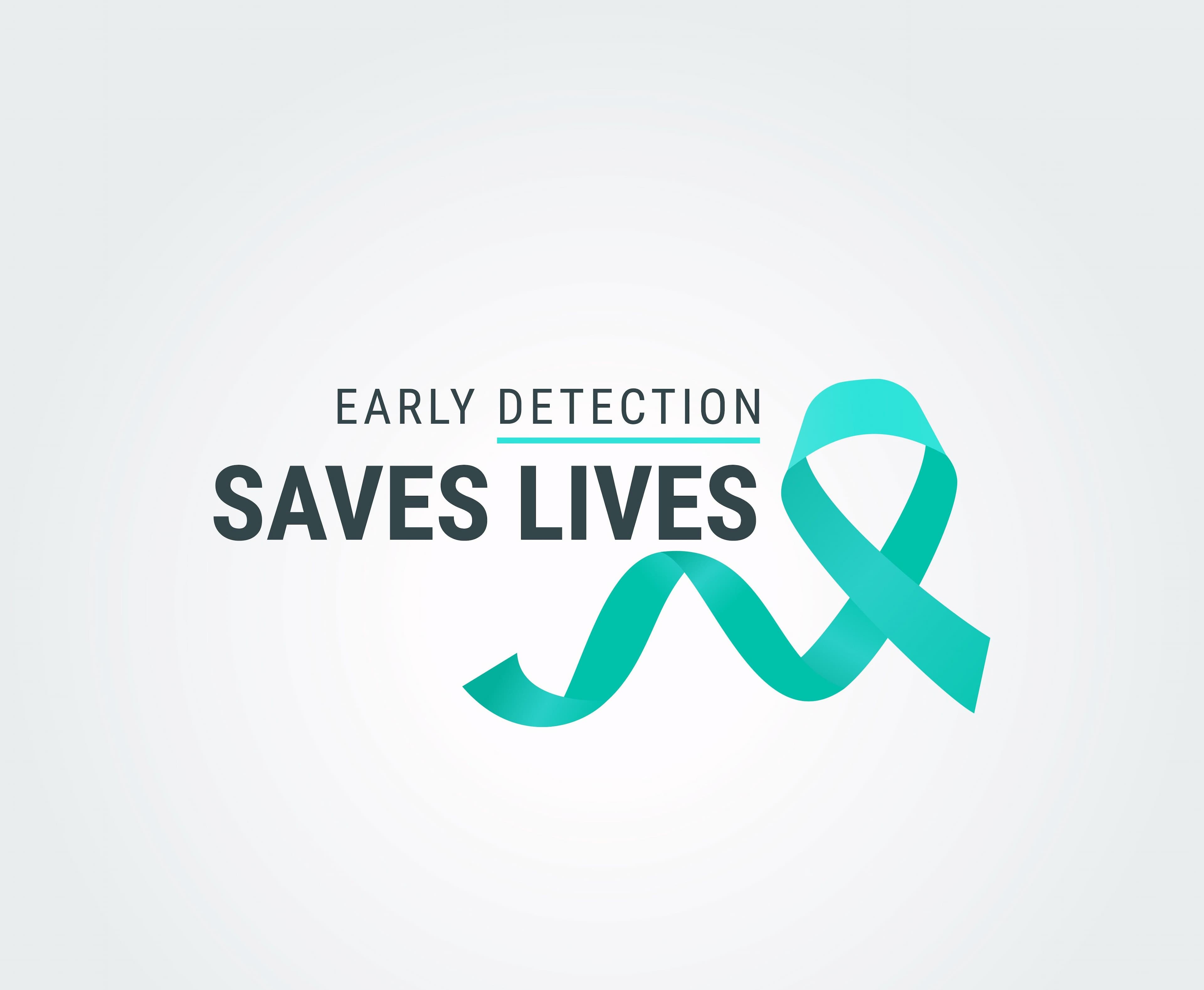
Sleep deprivation or narcolepsy? UAE doctors say rare disease goes undetected
Doctors in the United Arab Emirates say a rare sleep disorder that causes a person to suddenly fall asleep at inappropriate times is going undetected in the country as World Narcolepsy Day is marked -- an annual awareness day to shine a spotlight on the overlooked yet life-altering neurological condition.
Narcolepsy occurs in 50 out of every 100,000 people worldwide, yet there are little figures to suggest the prevalence in the UAE.
However, Dr Shobhit Sinha, a consultant in neurology at NMC Royal Hospital - Khalifa City, Abu Dhabi, suggests that the prevalence in the emirates is between 30-50 people in every 100,000.
“Diagnosis is often missed and/or delayed for more than a decade due to the overlap with symptoms of other medical conditions such as seizures, psychiatric disorders, insomnia, and sleep apnea,” he told Al Arabiya English.
Symptoms include sleep attacks, daytime sleepiness, nightmares, hallucinations and cataplexy - temporary muscle weakness in response to emotion. It is often caused by an autoimmune response - this is when antibodies are released by the body but instead of destroying disease, they attack healthy cells.
“There are five main symptoms of narcolepsy, referred to by the acronym CHESS {cataplexy (is the sudden, generally brief (<2 minutes) loss of muscle tone with retained consciousness. It is usually triggered by strong emotions, such as laughter, surprise, or anger), hallucinations (vivid dream-like experiences that occur while falling asleep or on awakening), excessive daytime sleepiness, sleep paralysis (disturbing, temporary inability to move voluntary muscles or speak during sleep-wake transitions), and sleep disruption (disrupted night-time sleep)}.”
“While all patients with narcolepsy experience excessive daytime sleepiness, they may not experience all five symptoms.”
In the case of narcolepsy, antibodies attack the areas of the brain that produce a sleep-regulating chemical. There is currently no cure but the condition can sometimes be managed, for example, by taking regular naps, eating healthily and exercising.
In some cases, medications such as antidepressants or stimulants can also help.
“Narcolepsy can be treated in different ways,” said Dr Sinha.
“Firstly, behavioral education to patients, family and friends. Also, sleep hygiene and cognitive behavioral therapy are techniques targeting the behavioral management of narcolepsy symptoms such as talk therapy targeting distorted cognitions, treatment adherence, taking medications at appropriate times, and taking scheduled naps, whilst also managing psychiatric comorbidities such as anxiety and depression; and addressing psychosocial implications through support groups.”
“There are also specific medications for the treatment of symptoms of narcolepsy, such as drugs targeting cataplexy, stimulants for excessive daytime sleepiness, and antidepressants for sleep paralysis and hallucinations.”
Narcolepsy can be difficult to live with, the doctor said.
“People with narcolepsy may experience mental fogginess, poor memory, anxiety, phobia, and depression. Also, an increased prevalence of cardiovascular and cardiometabolic conditions, such as hypertension, obesity, diabetes, and hypercholesterolemia have been reported in people with narcolepsy. This can further impact both the patients' social and professional life.”
“However, narcolepsy is a manageable condition, and nearly everyone with narcolepsy can lead a fulfilling life. These challenges can be managed by educating self, friends and family; medication compliance; sleep hygiene, and getting involved with narcolepsy support networks.”
Emilia Saulle, a consultant neurologist at Dubai's Health Bay Clinic, also told Al Arabiya English that narcolepsy often goes undetected, saying the condition can affect “all the aspects of daily life, including education, work, ability to drive and relationships.”
Dr Youssry Salah Shafiq Kerolos, a specialist in neurology at Dubai's Saudi German Hospital, said the global incidence rate of narcolepsy is the highest in the second decade of a person's life, often striking teenagers and young adults.
“People with narcolepsy may feel rested after waking, but then feel very sleepy throughout much of the day and they may unwillingly fall asleep even if they are in the middle of an activity like driving, eating, or talking,” he said. “Although there is no cure for narcolepsy, some of the symptoms can be treated with medicines and lifestyle changes, by taking short naps, maintaining a regular sleep schedule, avoiding caffeine before bed and exercising daily.”
Dr Kerolos said, if left undiagnosed or untreated, narcolepsy can interfere with psychological, social, and cognitive function and development and can inhibit academic, work, and social activities and patients are more likely to be involved in automobile accidents.
“Suddenly falling asleep or losing muscle control can transform actions that are ordinarily safe, such as walking down a long flight of stairs, into hazards,” he said.







